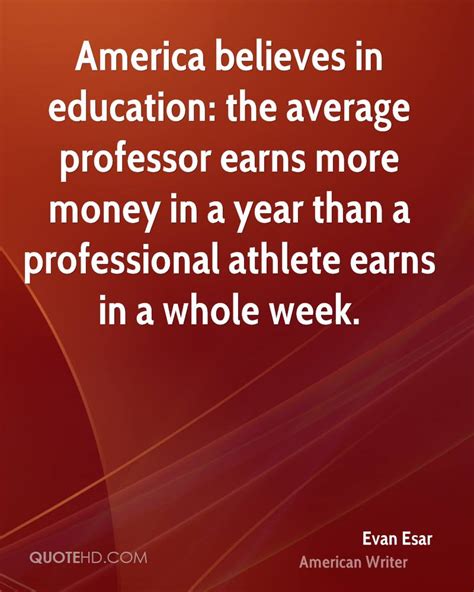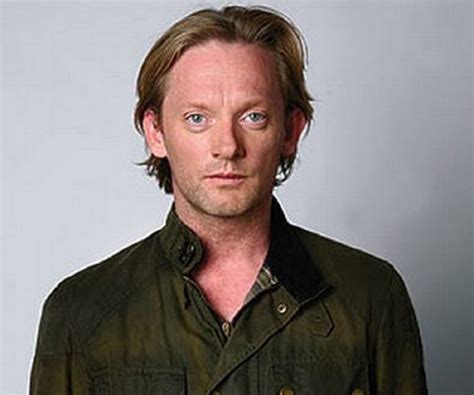A Quote by Tanikella Bharani
Related Quotes
Is money money or isn't money money. Everybody who earns
it and spends it every day in order to live knows
that money is money, anybody who votes it to be
gathered in as taxes knows money is not money. That
is what makes everybody go crazy.... When you earn
money and spend money every day anybody can know the
difference between a million and three. But when you
vote money away there really is not any difference
between a million and three.
Over the long term, it's hard for a stock to earn a much better return that the business which underlies it earns. If the business earns six percent on capital over forty years and you hold it for that forty years, you're not going to make much different than a six percent return - even if you originally buy it at a huge discount. Conversely, if a business earns eighteen percent on capital over twenty or thirty years, even if you pay an expensive looking price, you'll end up with one hell of a result.



































